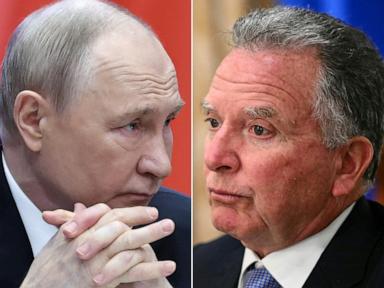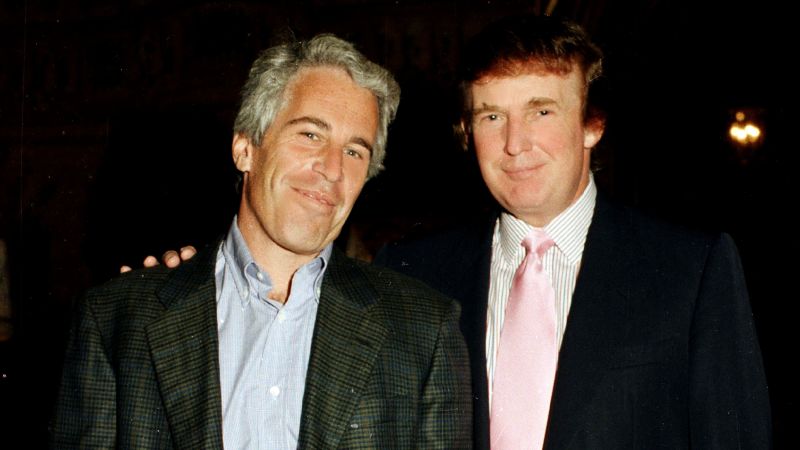In recent weeks, the handling of the Jeffrey Epstein case by the Trump administration has sparked renewed scrutiny and raised significant questions. Following the announcement that Epstein committed suicide and the assertion that no “client list” exists, officials have faced criticism for their contradictory statements and the inconsistent narrative surrounding the investigation.
The comments by JD Vance, a current administration official, highlight a growing frustration. Vance has previously criticized the government for allegedly concealing a “client list” connected to Epstein. He stated, “If you’re a journalist and you’re not asking questions about this case, you should be ashamed of yourself.” This sentiment reflects a broader concern that the administration is now downplaying serious allegations involving Epstein.
Unpacking the Administration’s Narrative
Despite the Justice Department’s declaration that there is no substantial evidence of a cover-up, the administration’s rhetoric has shifted. Donald Trump recently dismissed the Epstein matter as irrelevant, claiming that “nobody cares about” it. This contrasts sharply with previous statements made by members of his administration, who once suggested that there was much to uncover. For example, as recently as February 2023, Attorney General Pam Bondi hinted at the existence of significant documents, indicating they were on her desk.
Former officials, including Kash Patel and Dan Bongino, had also expressed the need for a thorough investigation into Epstein’s connections, asking pointed questions about potential criminal activities. Now, these same officials insist that conspiracy theories surrounding Epstein are unfounded. This inconsistency raises questions about the administration’s credibility and accountability regarding such a serious issue.
Questions of Disclosure and Accountability
One major question that persists is whether Trump is mentioned in any of the undisclosed Epstein files. Although there is no evidence of wrongdoing on his part, the lack of transparency has fueled speculation. Trump had previously described Epstein as a “terrific guy” and has made ambiguous statements regarding his ties to Epstein’s associate, Ghislaine Maxwell. In a recent social media post, Elon Musk claimed that Trump is indeed included in the Epstein files, a statement that he later retracted, leaving many to wonder about the validity of such claims.
The administration’s initial promise to release more documents related to the Epstein case has largely gone unfulfilled. In a memo issued in late March, the Justice Department stated that much of the material would remain sealed due to court orders, contradicting earlier commitments made by officials to disclose further information. This has left many questioning why the administration has shifted its stance on the importance of transparency regarding Epstein’s alleged activities.
The Intelligence Connection
Another intriguing aspect of the Epstein case is the speculation regarding his potential ties to intelligence agencies. During a recent press briefing, Bondi was asked whether Epstein had any connections to intelligence, a topic she left unanswered, stating, “We can get back to you on that.” This evasiveness has only heightened public interest in the matter. Previous officials, including former Labor Secretary Alexander Acosta, have faced scrutiny for their roles in Epstein’s legal proceedings, with Acosta’s controversial non-prosecution agreement drawing considerable attention.
Additional comments from Naftali Bennett, the former Prime Minister of Israel, have further complicated the narrative. Bennett denied any allegations connecting Epstein to Israeli intelligence, calling such claims “categorically and totally false.” Nonetheless, discussions around Epstein being an intelligence asset persist, raising more questions than they answer.
The Epstein case remains a topic of intense scrutiny, with many unanswered questions hanging over the Trump administration’s handling of the investigation. As officials continue to navigate these complex narratives, the call for transparency and accountability will likely grow louder. The implications of this ongoing saga extend beyond the individuals directly involved, touching on broader issues of power, influence, and the justice system.







































































